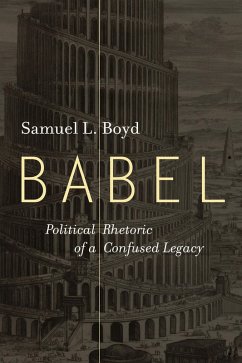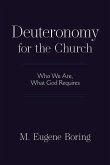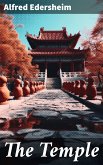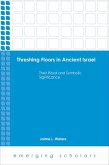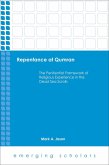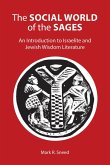Boyd clarifies how idioms of Assyrian governance could have found their way into the biblical text, and how the Hebrew of Genesis 11:1-9 itself leads to a different translation of the passage than found in versions of the Bible, one that does not involve language. This new reading sheds light on how the story became about language. Boyd argues that this new understanding of Babel also illuminates aspects of the call of Abram when the Tower of Babel is interpreted as a story about something other than the origin of multilingualism. Finally, he frames the historical-critical research on the biblical passage and its reception in ancient Jewish, Christian, and Islamic sources with the uses of the Tower of Babel in modern politics of language and nationalism. He demonstrates how and why Genesis 11:1-9 has become so useful, in often detrimental ways, to the modern nation-state. Boyd explores this intellectual history of the passage into current events in the twenty-first century and offers perspectives on how a new reading of the Tower of Babel can speak to the current cultural and political moment and offer correctives on the uses and abuses of the Bible in the public sphere.
Dieser Download kann aus rechtlichen Gründen nur mit Rechnungsadresse in A, B, BG, CY, CZ, D, DK, EW, E, FIN, F, GR, HR, H, IRL, I, LT, L, LR, M, NL, PL, P, R, S, SLO, SK ausgeliefert werden.

